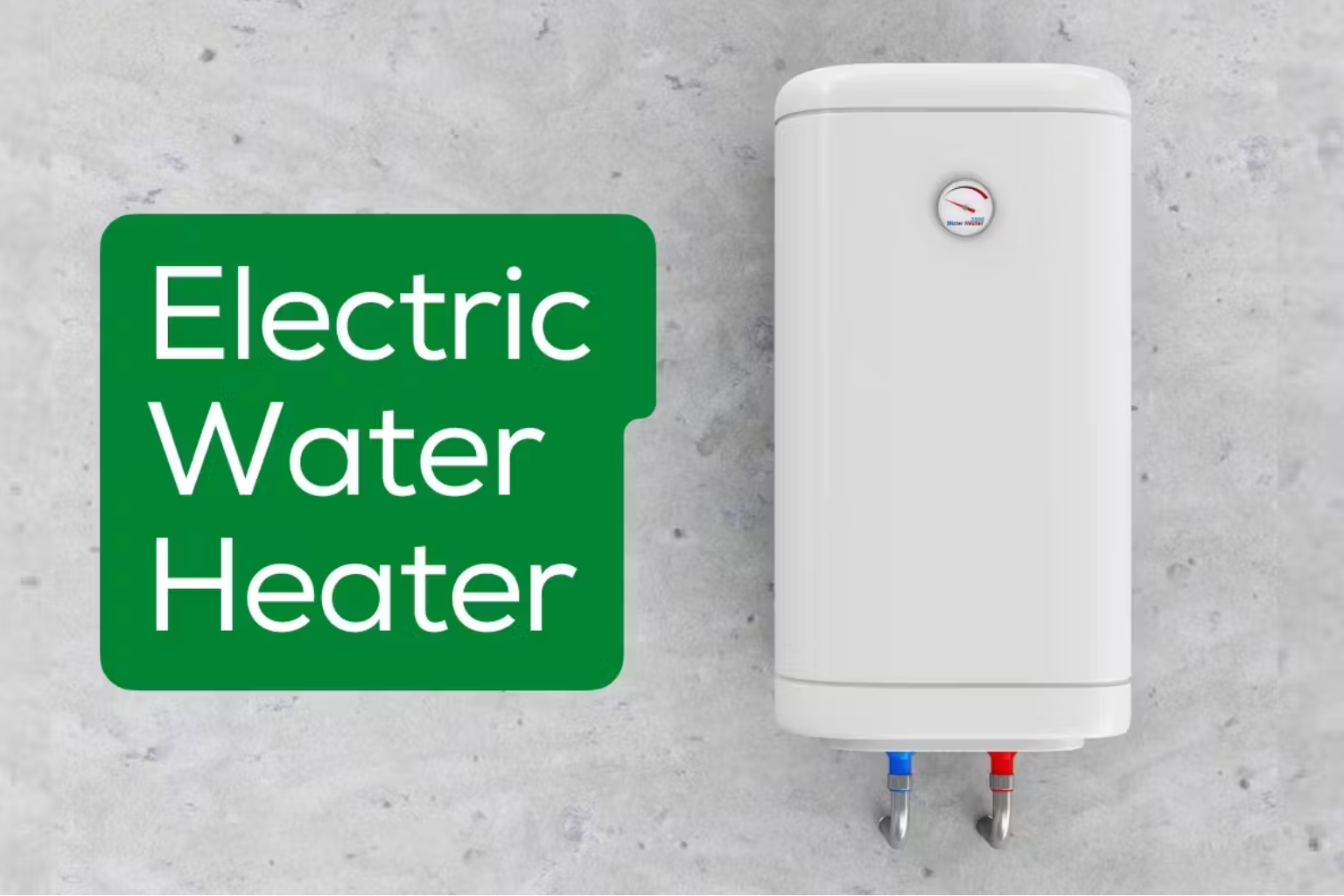You don’t realize how important hot water is until the moment you’re shivering under a weak stream of freezing tap water at 6 a.m., wondering where it all went wrong. Maybe your morning started with lukewarm disappointment or maybe—just maybe—you heard that weird groan from the garage last night and ignored it. Either way, the water heater is on strike, and your day just went sideways.
This isn’t just a plumbing issue. It’s personal. It’s comfort, routine, peace of mind. In a place like Hobbs, where the mornings can be brisk and the need for hot water is a non-negotiable part of life, having a reliable system isn’t a luxury—it’s survival. Whether you’re dealing with an aging unit or considering an upgrade, let’s talk about the not-so-glamorous but absolutely essential world of water heaters—and why yours might be silently begging for retirement.
When to Break Up With Your Old Water Heater
Let’s be honest: most people don’t think about their water heater until it starts acting up. That gurgling noise? Probably fine. A little rust on the tank? Eh, it’s just character, right?
Wrong.
The average water heater lasts around 8–12 years. After that, it becomes less of a dependable appliance and more of a ticking time bomb. One morning you’re brewing coffee, the next you’re ankle-deep in water, frantically calling every plumber in town.
So how do you know it’s time for a hot water hearter replacment (and yes, we know you meant heater)? Watch for these signs:
- Inconsistent water temperature (one minute a sauna, the next an arctic blast)
- Water that looks rusty or smells metallic
- Odd noises—popping, banging, or wheezing
- Visible leaks or pooling around the unit
- It’s older than your college degree
If you’re nodding along, it’s probably time to stop babying the thing and start planning your exit strategy.
Why Hobbs Homes Need a Little Extra TLC
Living in Hobbs means sunshine, big skies, and a unique kind of wear-and-tear on home appliances. The hard water here can be especially tough on plumbing systems, especially your water heater. Minerals in the water build up over time, forming sediment that settles at the bottom of the tank. That buildup forces your heater to work harder, burning more energy and shortening its life span.
That’s why folks around here take their water systems seriously. A Hobbs hot water heater that’s chosen, installed, and maintained with the local climate and water conditions in mind can last longer and perform better. So if you’re buying one off-the-shelf without advice from someone who understands Hobbs-specific issues, you’re asking for trouble.
Types of Water Heaters (And How Not to Get Stuck With the Wrong One)
Not all water heaters are created equal. Choosing the right one isn’t just about what fits your budget—it’s about what fits your lifestyle.
- Traditional Tank Heaters: These are your standard-issue models that store hot water in a tank. They’re great for families with steady demand but can run out if overused.
- Tankless (On-Demand) Heaters: They only heat water when you need it. Energy-efficient, compact, but more expensive upfront. Perfect for smaller homes or anyone tired of waiting for a tank to refill.
- Hybrid Models: A mix between traditional and tankless. These can be cost-effective in the long run but might require more installation planning.
Whatever route you go, make sure it’s something that works for your daily rhythm. Are you running two showers and a dishwasher every morning? You’ll want capacity. Living solo? Maybe a tankless model makes more sense.
The Real Cost of Waiting Too Long
Here’s the thing—postponing a replacement doesn’t save money. In fact, it usually costs more. A failing unit uses more energy. It can leak and ruin floors, walls, and precious belongings. It can even be a safety hazard if pressure valves malfunction.
And then there’s the mental toll. That constant dread of “Will I have hot water tomorrow?” is no way to live. Replacing your heater before it becomes a crisis puts the power back in your hands. You get to choose your timing, your model, your installer. No panic purchases, no 2 a.m. emergency calls.
Choosing the Right Pros for the Job
A lot of people try to save a few bucks by going DIY or hiring the cheapest contractor they can find. Don’t be that person.
Water heater replacement isn’t just plug-and-play. It involves plumbing, sometimes electrical work, and an understanding of local codes and safety standards. Hobbs has its own quirks, and not every out-of-town service tech gets that. That’s why it’s smart to call local professionals who specialize in hobbs hot water heater installations and repairs—they’ve seen it all and know what works.
Ask around. Read reviews. Look for licensed pros who explain things in plain English and don’t try to upsell you on something you don’t need. A good installer will help you choose a unit that fits your home and habits, not just their sales quota.
Final Thoughts: Hot Water Is Not a Luxury
We take hot water for granted—until we don’t have it. It’s woven into our routines, from morning showers to bedtime tea. So don’t let your old water heater drag you through avoidable stress.
If your unit’s showing its age, making weird sounds, or just not keeping up anymore, it’s time to seriously consider a new setup. A proactive hot water hearter replacment (okay, heater—we get it) could save you money, water, energy, and one big headache.
In Hobbs, where water conditions demand a little more care, treating your water heater like the essential home appliance it is just makes sense. Give it the attention it deserves—before it decides to make a dramatic exit.

